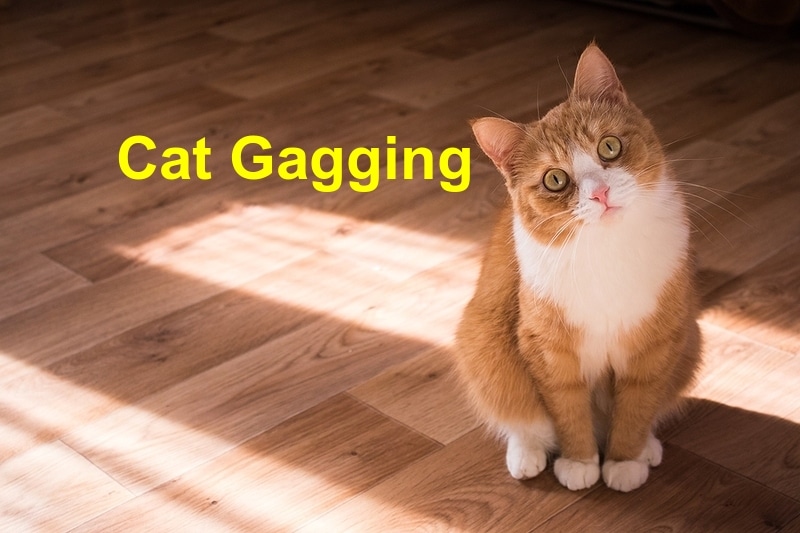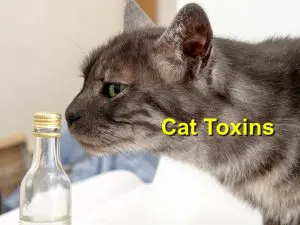Cat gagging is often correlated with vomiting although the two are very different. When a cat is gagging, it will often crane its neck and start swallowing and is often accompanied by opening the mouth wide. This indicates that they could be trying to cough up a hairball or are experiencing difficulty swallowing something. Many times, cats gag for different reasons and could indicate different conditions. In this piece, we are going to explain some of the most common causes of gagging in cats and let you know what you can do to help them.
Causes of Cat Gagging
Cat gagging is caused by various reasons. Cats gaggle when they are trying to clear their throat which could be blocked by anything. Here are some of the main reasons for cat gagging.
- Hairballs
Hairballs develop on the cat’s throat as it grooms itself and swallows a lot of hair over time. This hair accumulates in the stomach and forms into a clump or ball that then must be spat up again. As the cat tries to spit, it may experience difficulty and begin to gaggle.
- Ingestion of Foreign Object
Cats may often swallow a foreign object which may be rejected by the body. The cat then tries to throw the object up. Sometimes the objects are too large for them to swallow which causes the cat to begin gagging. Foreign objects pose a real danger as they may choke the cat.
- Ingestion of Toxic Substances
Cats may feed on toxic substances like house cleaners or detergents. These substances may be poisonous to the cat and cause the cat to reject them through nausea or gagging. Gagging may be only the start of a bad reaction hence we recommend you to consult the vet immediately.
- Nausea
As we have mentioned, gagging is associated with vomiting. If your cat is gagging and also vomiting periodically, it may be nauseated. Nausea could be caused by a number of reasons.
Remedies to Gagging
Gagging can be mitigated at home or by a vet officer. When you notice gagging, we recommend checking the air passages for hairballs, or other foreign objects that could be stuck on the throat. We also recommend you use a slow feeder. If the cat has ingested toxic substances, we recommend calling your vet officer immediately to avoid misdiagnosis.
Conclusion
Cat gagging is common and is tied to various reasons some of which can be mitigated at home or by the vet officer. Cat gagging is not very serious to worry about unless it is caused by poisonous ingestion or foreign objects being stuck on the throat.
References: VeterinaryEmergencyGroup, NCVEC, OrlandoVets





